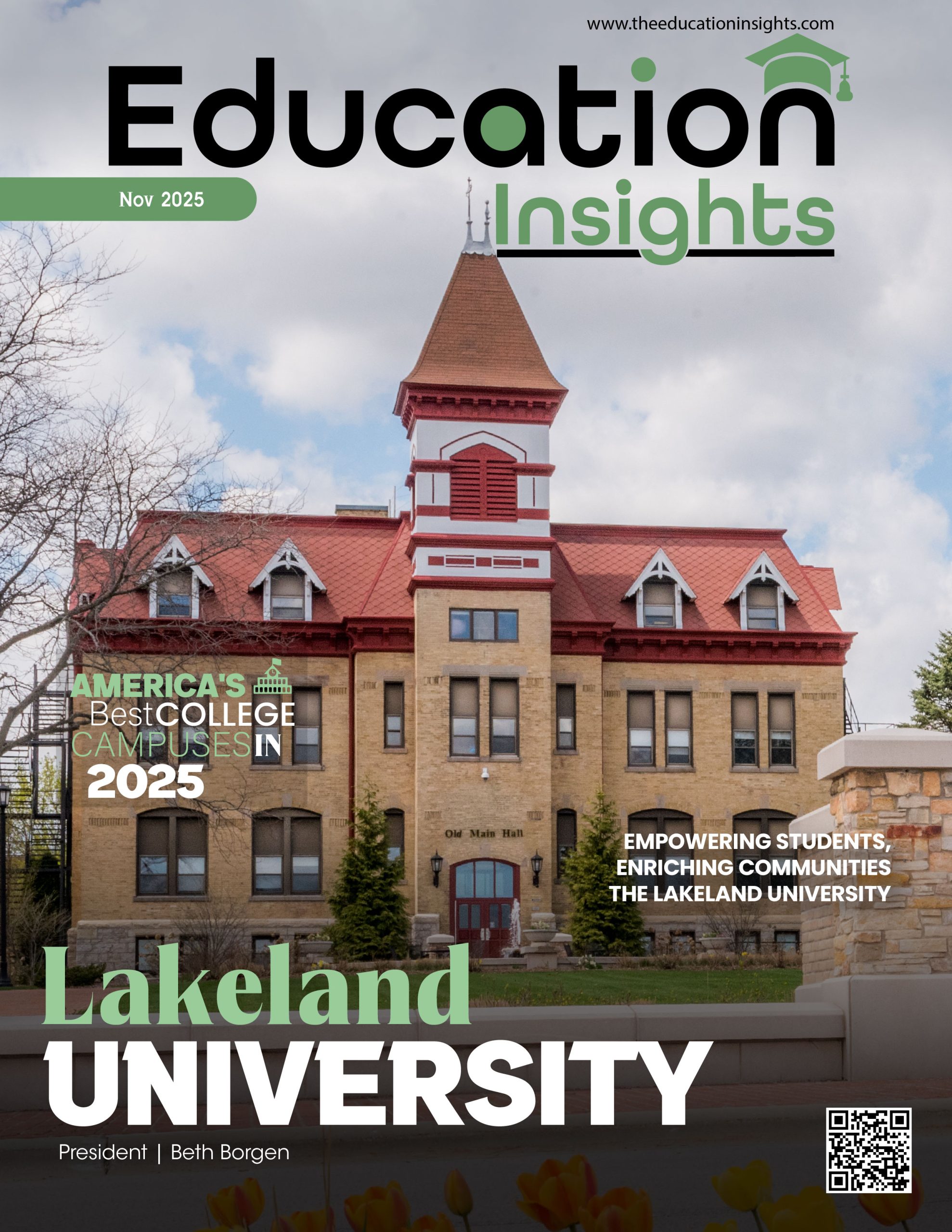As Generation Z, the group born approximately between 1997 and 2012, increasingly joins the workforce, they are not merely conforming to established workplace standards; they are transforming them. Frequently characterized as being overly focused on technology or excessively idealistic, Gen Z workers offer innovative viewpoints and principles that contemporary leaders can benefit from. Below are six essential leadership insights that today’s managers can glean from their youngest colleagues.
- Lead with Purpose, Not Just Profit
Generation Z is profoundly motivated by a sense of purpose. They seek meaningful work and anticipate similar values from their leaders. Instead of concentrating exclusively on financial results, they appreciate organizations that resonate with larger missions, such as sustainability, diversity, or social impact. Competent leaders should strive to convey not only the “what” and “how” of their tasks but also the “why.”
- Prioritize Mental Health and Well-Being
This generation has actively emphasized the significance of mental health. They question the prevailing hustle culture and promote the need for balance and clear boundaries. Leaders who adopt this viewpoint contribute to the creation of healthier work environments. This serves as a reminder that sustainable productivity is achieved through prioritizing well-being rather than encouraging burnout.
- Embrace Transparency and Open Communication
Generation Z demands transparency from their employers. They prioritize honesty regarding company decisions, feedback mechanisms, and opportunities for career advancement. Leaders can foster trust by clearly articulating objectives, acknowledging errors, and promoting open communication. The conventional top-down leadership approach is evolving towards more collaborative interactions.
- Champion Inclusivity
Diversity and inclusion are essential principles for Generation Z. They anticipate that their work environments will embody and honor a range of identities and viewpoints. Leaders who engage in active listening, seek knowledge, and intentionally foster an environment where every voice is acknowledged will cultivate more robust and innovative teams.
- Be Tech-Savvy and Adaptable
Having grown up in the digital era, Generation Z employees are inherently skilled in utilizing modern technological tools and flexible work processes. Leaders should embrace a culture of experimentation and swiftly adjust to changes, rather than adhering to obsolete methods. The focus should extend beyond merely adopting the newest applications; it is essential to cultivate an innovative mindset.
- Encourage Continuous Learning
Generation Z places a high importance on personal and professional growth. They actively pursue feedback, mentorship, and opportunities for new learning experiences. Leaders who prioritize employee development and exemplify a commitment to lifelong learning will not only retain their best talent but also foster environments that encourage curiosity and continuous improvement.
In summary, Generation Z is not merely the future of the workforce; they are actively influencing it today. Leaders who pay attention to and learn from their youngest colleagues will be more adept at managing a multigenerational workforce.










